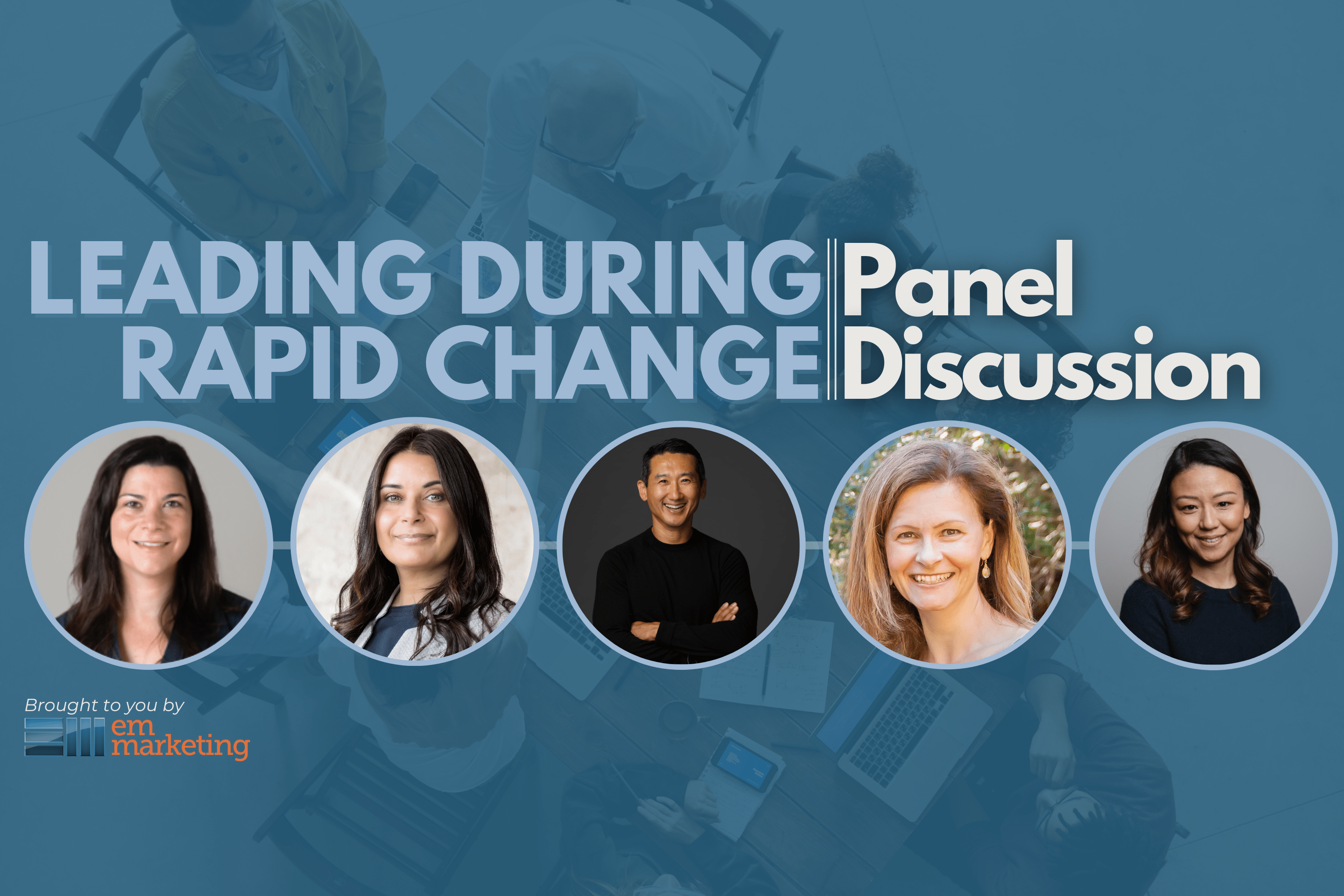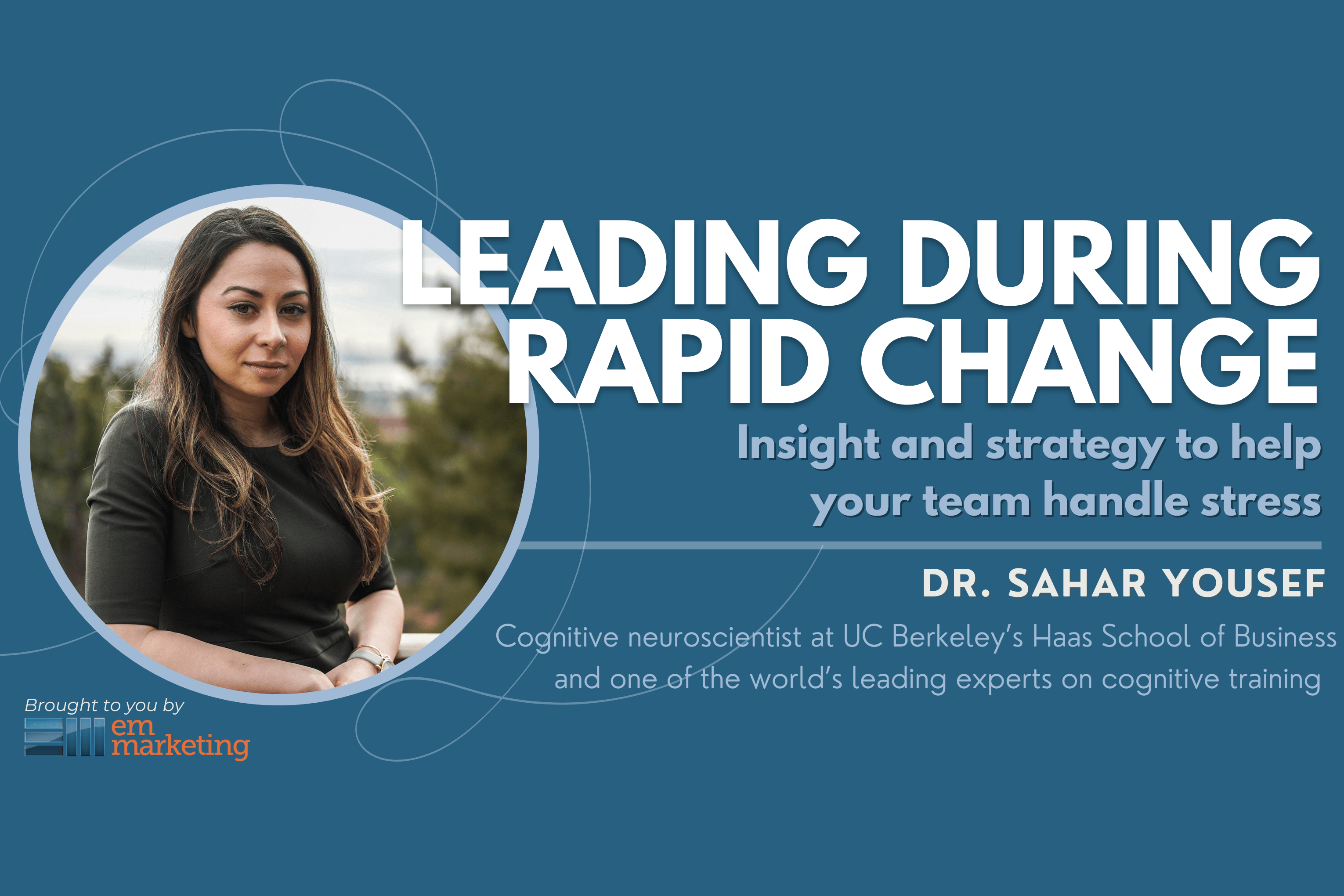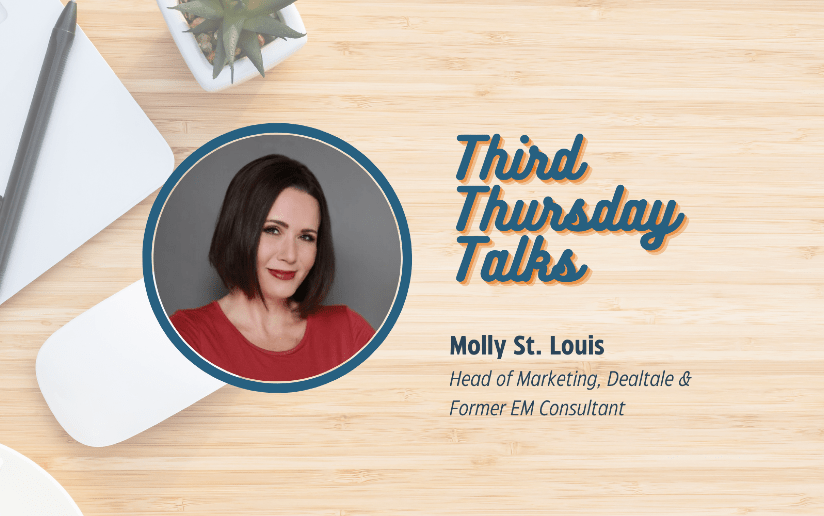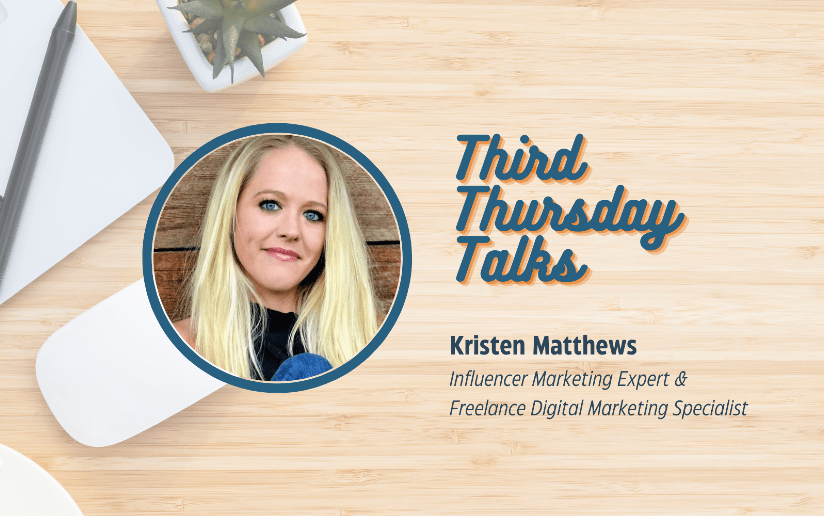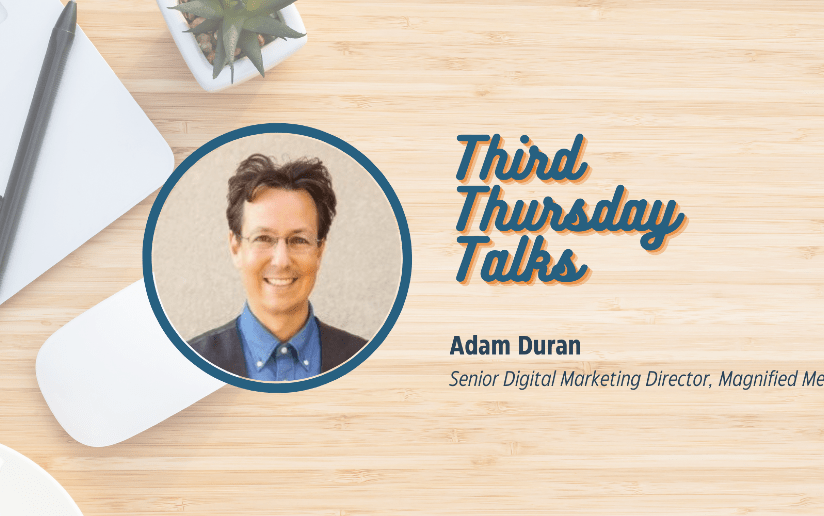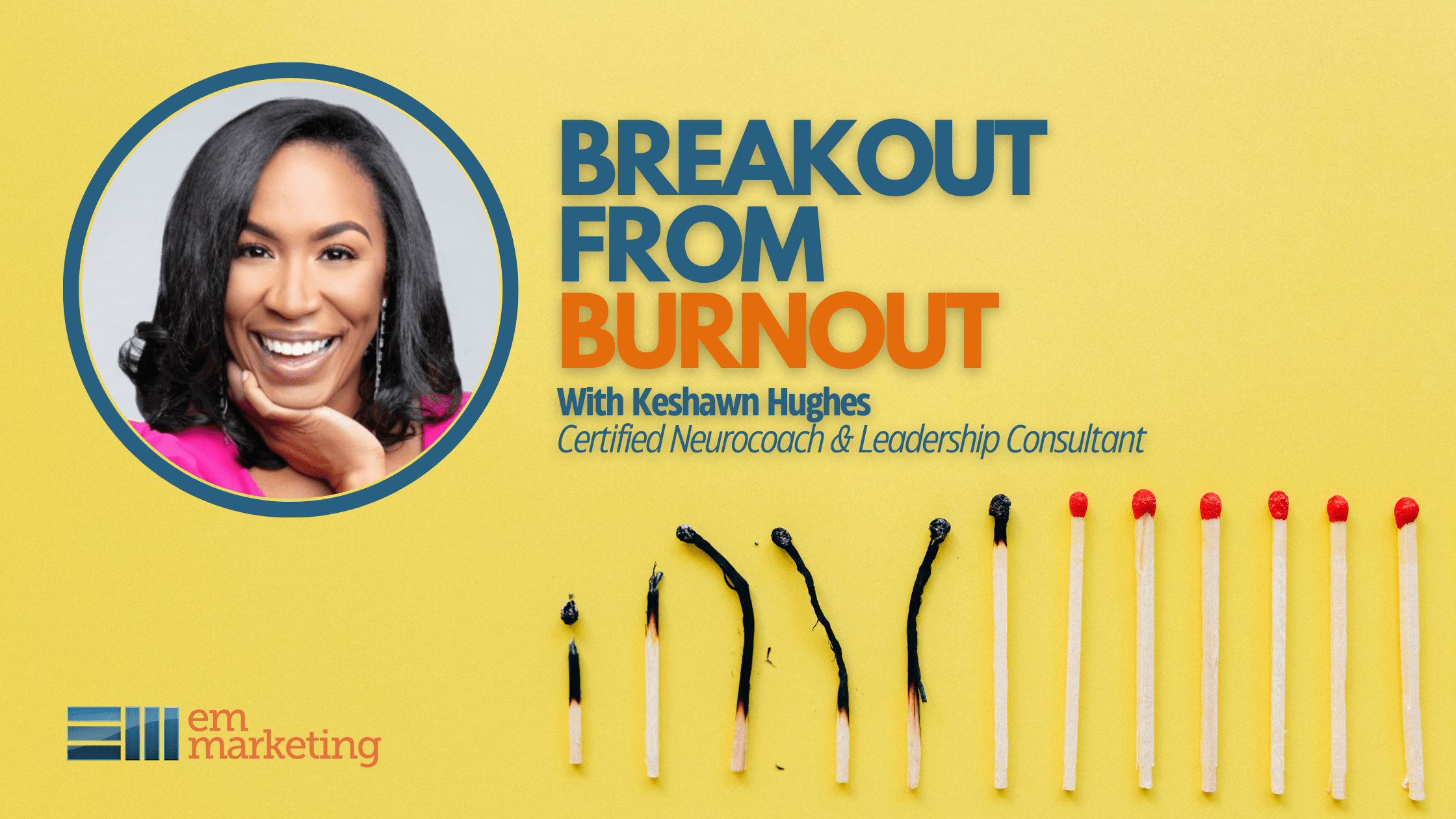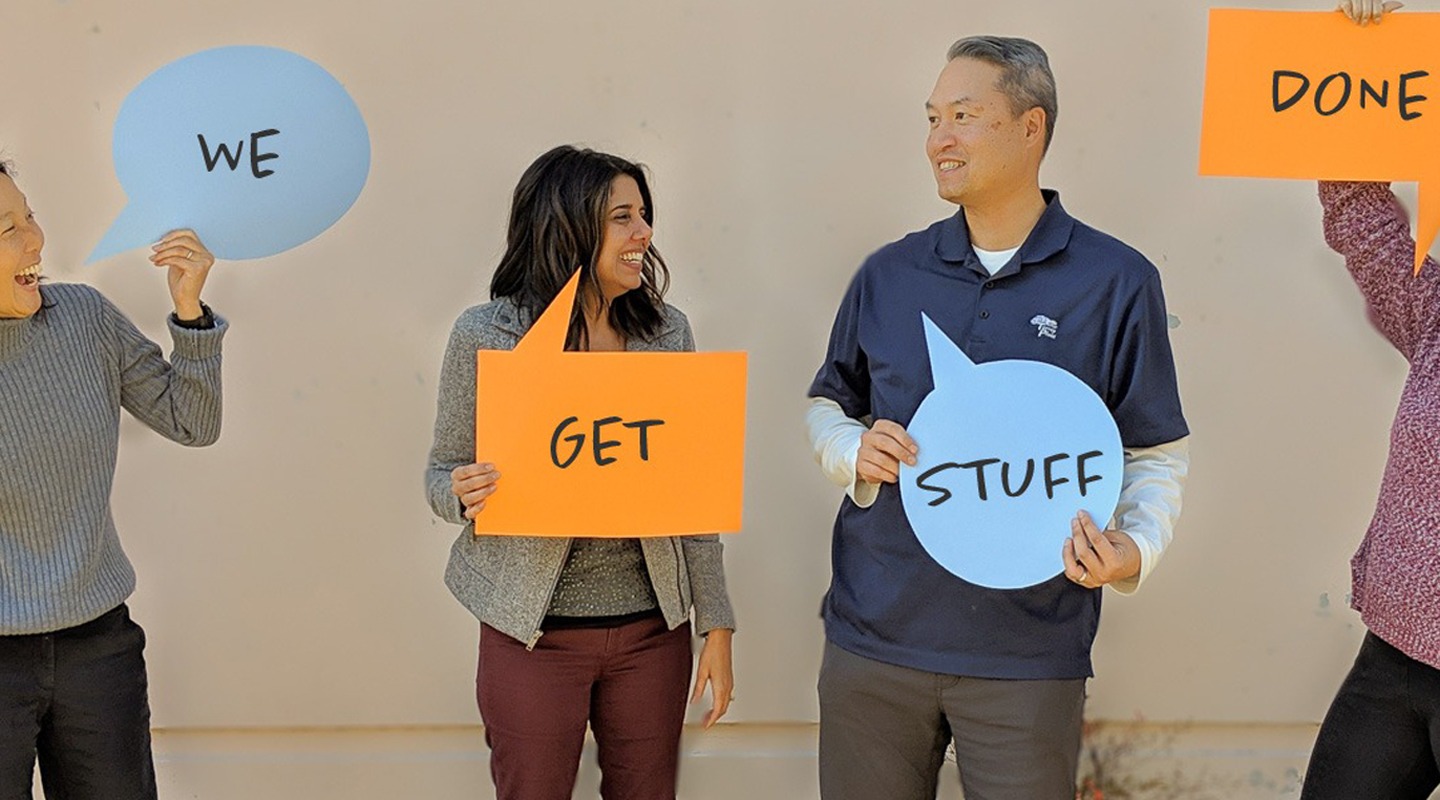
Workers of the World Delight — A Rallying Cry for Happiness at Work, Just in Time for May Day
May Day is an international holiday most of us know about, but few of us bother to recognize. It’s principally concerned with the welfare of the working classes, pay, benefits, labor conditions, though for many Americans, the holiday is more closely associated with maypole dances, rowdy worker protests, and even the old Soviet Union. Red Square. Military parades. Communism.
I’ll spare you the full history of May Day and its quirky, circuitous journey, though the National Museum of American History offers an interesting take. But let’s use the occasion to reexamine the nature of work itself.

A recent Gallup Poll found that only 34% of Americans are presently “engaged” with their jobs. The study defines “engaged” as being “involved in, enthusiastic about, and committed to” one’s workplace, which means a solid majority of Americans are either “not engaged” or “actively disengaged” with their work. The 34% is also tied for the highest percentage recorded since 2000, when Gallup began reporting the figure.
But when nearly seven out of 10 of us are either apathetic about, or find no joy in our jobs, the real question may be how can we do better?
Will Work… for Perks?
Let’s start with Silicon Valley. I’ll admit there’s an irony in using May Day, a holiday associated with the working class, to reflect on the so-called plight of the Silicon Valley worker. Many people think of Silicon Valley jobs as the non plus ultra of the working life. They think of high salaries, unlimited PTO, free lunches, and swag. They are not wrong.

What they may be interested to know is that lots of people who have these jobs actually don’t like them.
They’re not engaged, they’re actively disengaged, or they’re just plain grumpy. Not even the perks can perk them up, not because they don’t appreciate them, not because they’re ungrateful, but because they’re perks. A perk is a privilege that enhances the work experience. Perks shouldn’t be the primary motivation for dragging our butts into the office each day. They probably shouldn’t be the thing we think of first when a friend asks us about our job. Perks are not the point.
I’m not knocking perky, high-paying, full-time positions. I used to have one. I took the job because, well, what’s not to like about a high salary, unlimited PTO, free lunches and swag? No job is perfect, and this opportunity had its share of drawbacks, but it also checked lots of boxes I hadn’t checked before. And who am I kidding? As somebody who was still relatively new to the Bay Area, but who’d only ever been offered a contract job, the prospect of being a full-fledged, fully credentialed member of the Silicon Valley workforce held a certain allure.
I told myself to give the position one year. Looking back, I’m glad I didn’t give it two. It wasn’t the perks. They were as good as advertised. It wasn’t the people. They were smart, friendly and eager to do work that mattered. What wasn’t to like? Pretty much everything else. Endless meetings. Dueling agendas. A mentality that valued status over ability. Organizational charts that put people in a box. Budget battles. Turf battles.
These weren’t subjective issues. I liked my manager. I loved my team. The company was admired, and the field was dynamic. The issues were structural, and, based on the experiences of friends and colleagues who earn their livings at other admired companies, in other dynamic fields, and are equally fed up with their jobs, they may well be systemic.
Rat Race, Revisited
Nobody is immune to the blinders of the rat race. At one point or another, we’ve all lost sight of what matters most because of the demands of the job. It will likely happen again. Similarly, anybody can have a blah day. Every day shouldn’t be that way. Mondays shouldn’t always be that way. (Mondays have feelings, too.) What to do? We might start by questioning society’s winner-takes-all-mentality, the one that demands ’round the clock availability, the one that makes us question our self worth if our meeting calendar isn’t full, the one The New York Times says is back. Yippee!
Then there’s the dreaded “or else”? Always be online or else. Make at least six figures a year or else. (Make in excess of six figures a year or else.) Conform to society’s definition of high-class mobility or else. You take my point. Enjoyment is beside the point. Fulfillment is beside the point. I had one friend who tried to convince me that not everybody needs to be fulfilled by their work. There’s a reason it’s called work, he reminded me. (He disliked his job, too.)
But is he right? Is joyful work an oxymoron, the stuff of fantasy? Is the illusion of fulfillment the best we can hope for? Could those ho-hum expressions on the faces of so many of our colleagues be trying to tell us something? Could that something be this? Work doesn’t have to be an ego-driven dog-eat-dog affair. We don’t have to be run by rules that we have no control over. Those who play the high-class mobility game should be prepared to lose it.
Are You Living Your Best Life?
Countless studies have been devoted to the subject of worker happiness. They seem to suggest two core truths about people. Truth 1) Most of us care about what we do. Truth 2) All of us want to be recognized for our efforts. It’s about feeling valued. It’s about purpose and self-respect. It’s not an abyss, but the gap won’t close itself, either. The Greater Good Science Center at the University of California identifies four key pillars of happiness at work: Purpose, Engagement, Resilience and Kindness — or PERK. How’s that for ironic?
Our jobs as marketers is to spark growth. But what about our own personal growth? If you’re one of the lucky 34% who feels “engaged” with your job, take a few minutes this May Day to remind yourself why. (Dance around a maypole if you like.)
If you’re on the other side of the divide, the way the majority of us still are, reassess where you are and where you’re headed. What type of opportunity would be a better fit? Where does work fit into your life? How can it help you live your best life? Find the answer to these questions and you might just find yourself in another position or even on another career path entirely. Your new job may or may not include a rooftop deck or a bigger breakfast bar, but it will likely feel more enjoyable, more sustainable, and more like what you were put on this earth to do in the first place.
Want to know what it’s like to work with a team of experienced marketers who enjoy what they do so much they’ve been known to mistake Monday for Friday? Get in touch!






